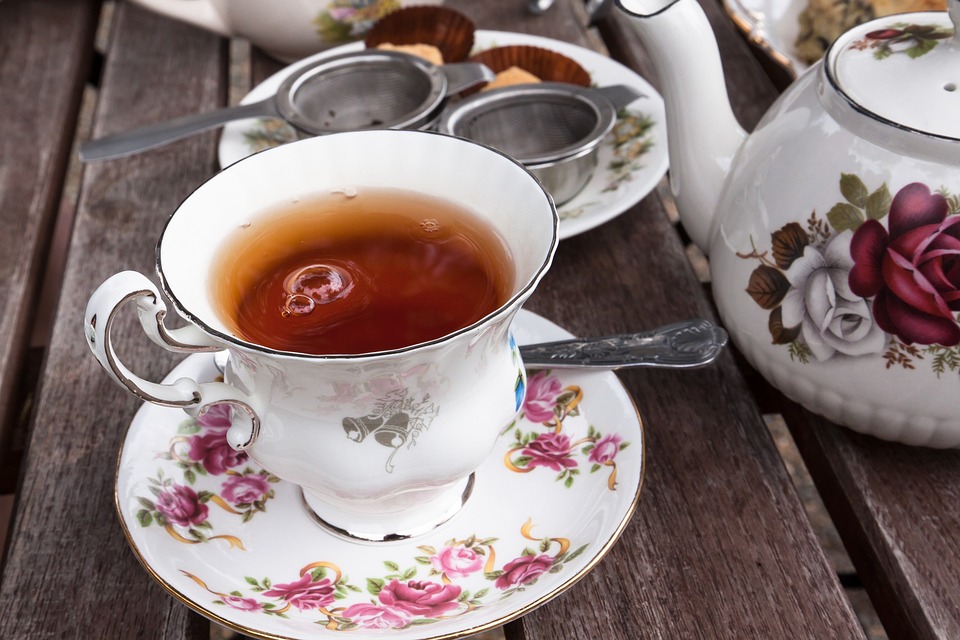Small Space, Big Impact: Beautiful Balcony Garden Ideas
Introduction
In urban areas, having limited outdoor space doesn’t mean you have to miss out on the joys of gardening. With some creativity and thoughtful planning, even the smallest balcony can be transformed into a beautiful garden oasis. In this article, we will explore different ideas and strategies for creating a stunning balcony garden that makes a big impact despite its small size.
Maximizing Vertical Space
When working with a small balcony, it’s crucial to make the most out of vertical space. You can install wall-mounted planters, hang baskets from the ceiling, or use a trellis to grow climbing plants. This allows you to grow a variety of plants without sacrificing valuable floor space.
Choosing the Right Plants
In a small balcony garden, it’s important to choose plants that thrive in containers and have compact growth habits. Herbs like basil, mint, and thyme are great options as they not only provide fresh flavors for cooking but also have beautiful foliage. Succulents and small flowering plants like begonias and petunias can add color and texture to your balcony garden.
Creative Container Gardening
Container gardening is the go-to solution for balcony gardens. Choose containers of various sizes, shapes, and materials to add visual interest. Hanging baskets, window boxes, and wall-mounted planters can create a lush and vibrant space. Don’t forget to use vertical space by adding plants to wall-mounted pockets or a hanging shoe organizer.
Lighting Considerations
Most balconies have limited exposure to direct sunlight, so it’s important to choose plants that can thrive in shade or partial shade. However, if your balcony receives a decent amount of sunlight, you can consider plants that require full sun. Additionally, installing outdoor lighting can create a cozy and magical ambiance in the evenings, allowing you to enjoy your balcony garden even after the sun goes down.
Watering and Drainage
Proper watering and drainage are essential for a successful balcony garden. Be mindful of the specific water requirements of your plants, as some may need more frequent watering than others. To prevent waterlogging, ensure your containers have drainage holes and use gravel or pebbles at the bottom to improve drainage. Consider getting a self-watering system or using a drip irrigation system if you’re concerned about watering consistency.
Maintenance Tips
Maintaining a balcony garden requires regular care. Be prepared to prune, trim, and fertilize your plants as needed. Remove dead leaves and flowers to keep your garden looking neat and vibrant. Check for pests regularly and take appropriate measures to prevent infestation.
FAQs Section
Q: Can I grow vegetables in a small balcony garden?
A: Absolutely! Many vegetables can be grown successfully in containers, such as tomatoes, peppers, lettuce, and herbs like parsley and chives. Just make sure your balcony receives enough sunlight for vegetable cultivation.
Q: How do I deal with strong winds on my balcony?
A: Strong winds can be challenging for balcony gardens. Consider using windbreakers like tall plants, decorative trellises, or hanging curtains to protect your plants. Choose sturdy containers that won’t topple over easily and secure lightweight items to prevent damage.
Q: Can I use artificial plants on my balcony?
A: While live plants are the preferred choice for a balcony garden, artificial plants can be used to add greenery if the conditions on your balcony make it difficult for live plants to thrive. Just make sure to choose high-quality artificial plants that look realistic.
Q: How do I ensure privacy on my balcony?
A: If privacy is a concern, you can use tall plants, vertical trellises, or balcony screens to create a secluded space. Consider hanging curtains or installing bamboo blinds for added privacy.
Q: Can I compost on my small balcony?
A: Composting on a small balcony can be challenging due to space constraints. However, you can consider using a compact worm composting bin or opt for composting methods that don’t require much room, such as bokashi composting.




